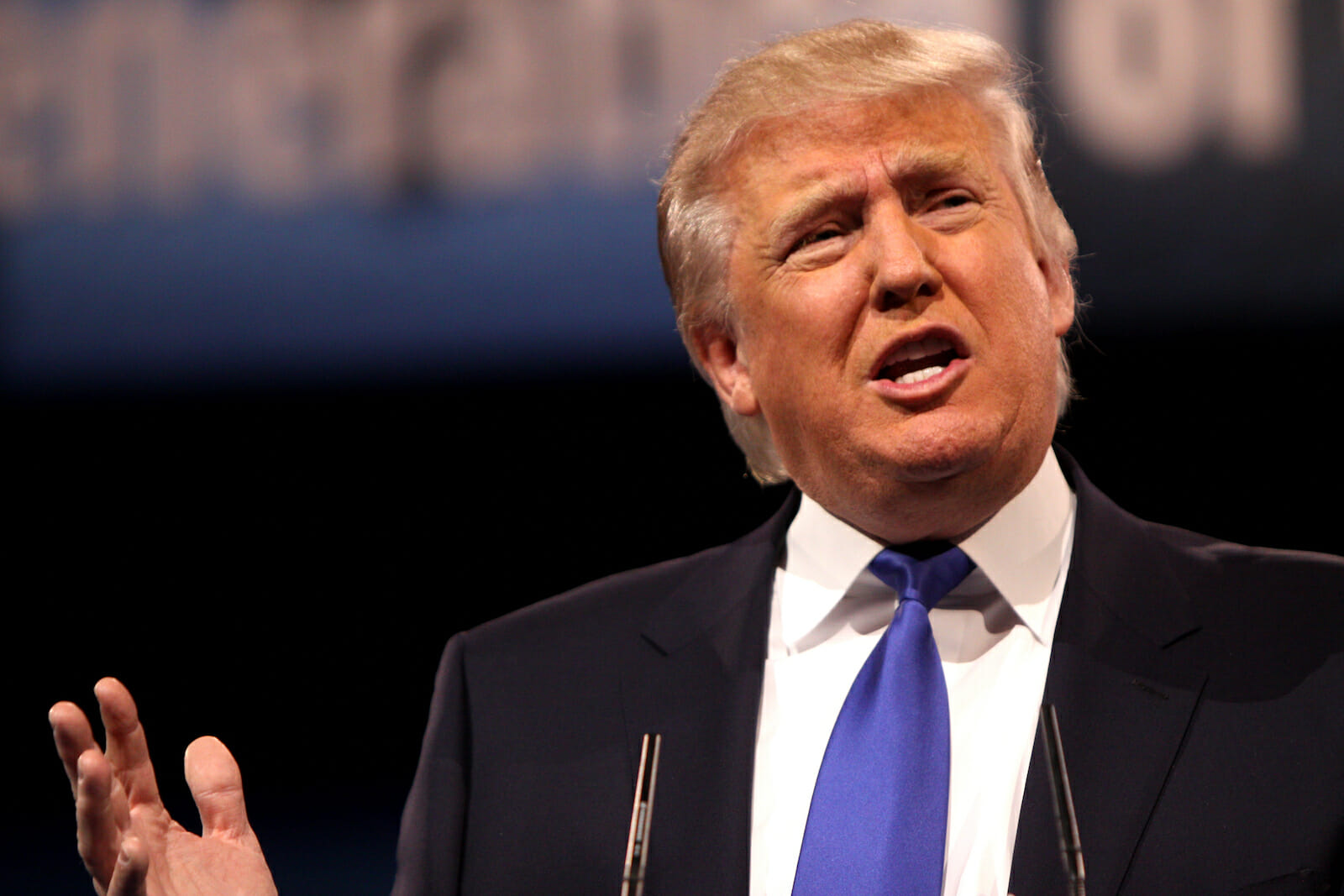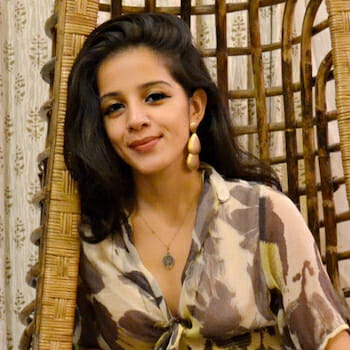
Culture
Politics of Persecution
The elections of Donald Trump, Narendra Modi and Recep Tayyip Erdogan as the respective heads of state of the United States, India and Turkey have ushered in a new style of politics, predominantly fear. Most dictators do thrive on fear by virtue of creating a certain sense of terror where citizens are fearful of dissent for fear of facing the consequences of imprisonment, abduction, torture or death.
These three men seem to function rather similarly, judging Trump by his speeches and interviews, establishing their power through suppressive measures under the facade of democracy. They squash dissent of any kind, attack and/or arrest media institutions or any entity which criticizes them. Along with marginalizing minority communities even further under the mantle of economic development, dictators legitimize their power which only caters to a select section of society. They woo the majority groups by portraying them as a persecuted minority in order to attack the real minorities.
The main focus of concern should be directed toward the treatment of the majority as a persecuted minority and dealing with valid minority dissent. In every democracy dissent is essential. It gives voice to the unheard and provides a platform for people/communities to express themselves and most importantly it is through dissent that respective governments’ excesses are kept in check. We have seen under the Modi and Erdogan governments how dissent was quashed and dispelled.
Journalists from a renowned Turkish secular magazine, Cumhuriyet, have been arrested including the Editor-in-Chief for allegedly having links to the terror organization, Gülenist Terror Group (FETO). In India, a leading news channel, NDTV, was issued a blackout by the government because of reporting classified information on their coverage of the Pathankot terror attacks.
These governments dispel dissent by attaching or filing criminal charges against these specific groups, people and student unions in the attempt to completely de-legitimize them. Kanhaiya Kumar, Umar Khalid and Anirban Bhattacharya, student leaders at Jawaharlal Nehru University, were arrested for chanting slogans on the campus. They were charged with sedition, accused of being anti-national and kept in jail for 14 days respectively. The same fate was met by nine journalists of the Cumheriyat as well as by leaders of the opposition party in Turkey, the People’s Democratic Party (HDP). Many leaders were jailed including provincial heads and district heads, even the co-leaders of the HDP, Selahattin Demirtaş and Figen Yüksekdağ. Both the Cumheriyet and the HDP were accused of allegedly having ties with terrorist groups. Even in the United States, Donald Trump talked about jailing Hilary Clinton. (He has since distanced himself from this position.)
To completely denounce dissention, protest leaders are branded as anti-national or of having ties to terrorists because this discredits them in the eyes of the public. As Professor Lawrence Liang said, “Often the politics of sentiment trumps the politics of reason.” That is exactly the goal of these autocratic leaders.
The second most pertinent problem is that the majority population perceives themselves as the persecuted minority in each of these countries, especially at the behest of the actual minority. In India, the upper- middle class Hindus see themselves as being persecuted because the minorities are given places in colleges and government jobs which apparently takes jobs from the general population. At Jawaharlal Nehru University, a student, Najeeb Ahmad, was beaten by members of a right-wing student group called the Akhila Bhartiya Vidyarthi Parishad (ABVP) and has been missing for almost a month. The only question raised is against Najeeb’s character, his background, his religious identity and how he instigated a fight. Not a word is mentioned about the members of the ABVP who beat him.
After Trump’s victory a man of color wrote how he was abused and threatened by a group of white men at a petrol pump and told that if there weren’t any witnesses around he would have been shot. A Muslim woman is scared to wear her hijab because she may attract attention or be attacked. A girl travelling on the ferry to New York mentions how she only puts her headphone in one ear because she feels the need to be alert. And yet somehow the white people see themselves as the persecuted minority which was essentially the election plank of Trump’s now successful campaign.
In Turkey Erdogan’s ultimate aim is a constitutional referendum granting him unprecedented executive powers. Using the pretext of the coup. Erdogan’s government has detained or suspended nearly 11,000 officials including teachers, policemen and judges. The given reason behind the arrests is a crackdown against terrorism or groups inciting violence such as the Kurdistan’s Workers’ Party, thus catering to the conservative Islamic section of the country, Erdogan’s government has implemented many conservative measures such as the arrest of journalists, restrictions on selling alcohol between 10 pm and 6 am, the proposed demolishment of Gezi Park (where most peaceful sit-ins take place) and veiled threats to protesters if they continue demonstrating.
These leaders offer a platform and give legitimacy to people’s inner bigotry and allow the “persecuted minority” to threaten people to show their power and “protect themselves.” As Noam Chomsky says, “Governments will use whatever technology is available to them to protect them to combat their primary enemy- their own population.”
Hence to ensure the prevention of this, people need to fight to defend each other’s rights and allow space for each others’ opinions and expressions regardless of whether they agree with them or not. Every individual deserves a voice in society. It is only people as a united force, irrespective of religion, caste, gender or political views who can stand up against such atrocities and protect each other.
In a quote that was originally attributed to Voltaire but was in fact written by Evelyn Beatrice Hall, “I disapprove of what you say, but I will defend to the death your right to say it.”

